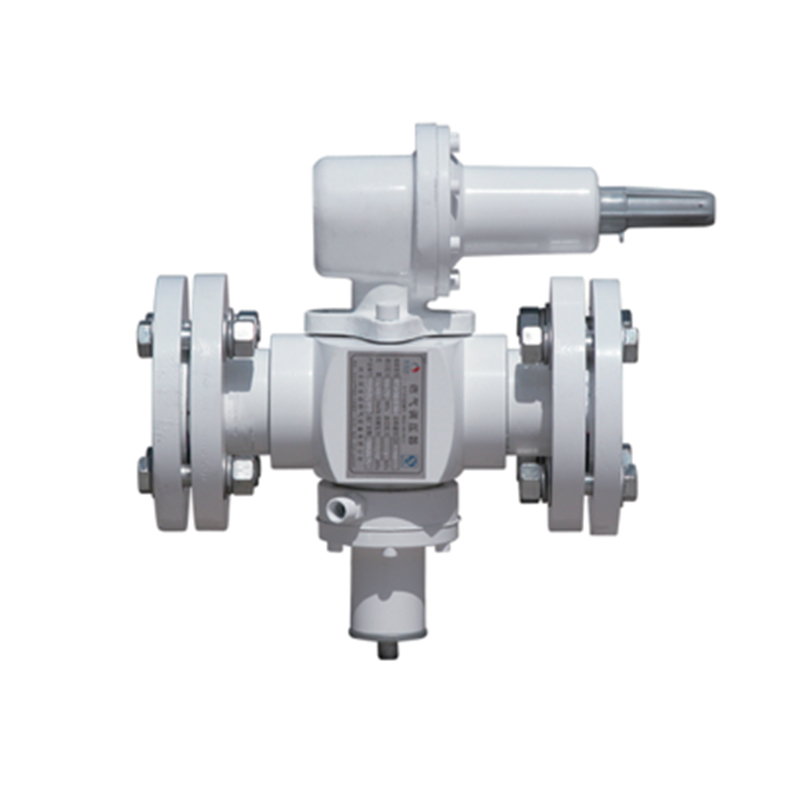
Oct . 30, 2024 11:23
Back to list
محطة تخفيض ضغط الغاز
The Importance of Gas Pressure Reduction Stations
Gas pressure reduction stations play a pivotal role in the natural gas distribution system. These facilities are responsible for controlling the pressure of natural gas as it moves from high-pressure transmission pipelines to lower-pressure distribution networks. By ensuring that gas is delivered at a safe and usable pressure, these stations help maintain the integrity of the entire gas supply chain and promote energy efficiency.
Functionality of Gas Pressure Reduction Stations
The primary function of a gas pressure reduction station is to regulate the pressure of the gas. High-pressure gas is transmitted from production facilities or processing plants through extensive pipelines. However, this high pressure is not suitable for direct distribution to households and businesses. Here, pressure reduction stations come into play, where the gas goes through a series of valves and regulators designed to decrease its pressure to a level that is appropriate for local distribution.
These stations typically consist of several components, including pressure regulators, filters, and sometimes odorization units that add a distinct smell to natural gas for leak detection. The pressure regulators control the flow of gas and ensure it is transported at a consistent and safe pressure. Filters remove impurities from the gas that could cause damage to appliances and reduce efficiency.
.
Safety is a paramount concern in the operation of gas pressure reduction stations. These facilities are equipped with numerous safety mechanisms to protect both the public and the environment. For example, automatic shut-off valves can be triggered in case of an emergency, stopping the flow of gas if necessary. Regular maintenance and inspections are also critical to ensuring that the equipment operates correctly and safely.
محطة تخفيض ضغط الغاز

In addition, operators must adhere to strict regulatory standards set by government agencies. Compliance with these regulations ensures that gas pressure reduction stations are effectively managed, minimizing risks associated with gas distribution.
Impact on Energy Efficiency
Gas pressure reduction stations also contribute significantly to energy efficiency in the overall gas supply chain. By optimizing the pressure at which gas is delivered, these stations help reduce the amount of energy lost during transmission. Moreover, by preventing leaks and minimizing gas losses, pressure reduction stations ensure that more gas reaches consumers, thereby optimizing resource usage.
As the demand for natural gas continues to grow due to its relatively clean-burning properties compared to other fossil fuels, the importance of effective pressure reduction systems cannot be overstated. They not only support a reliable energy supply but also play a crucial role in the transition towards cleaner energy alternatives.
Conclusion
In conclusion, gas pressure reduction stations are essential in the modern energy landscape. Their ability to safely regulate gas pressure enables the efficient distribution of natural gas to homes and businesses. With safety mechanisms in place, adherence to regulatory standards, and a focus on energy efficiency, these stations contribute significantly to the stability and reliability of gas supply systems. As we continue to seek sustainable and efficient energy solutions, the role of gas pressure reduction stations will remain critical in supporting both current and future energy needs.
Next:
Latest news
-
Safety Valve Spring-Loaded Design Overpressure ProtectionNewsJul.25,2025
-
Precision Voltage Regulator AC5 Accuracy Grade PerformanceNewsJul.25,2025
-
Natural Gas Pressure Regulating Skid Industrial Pipeline ApplicationsNewsJul.25,2025
-
Natural Gas Filter Stainless Steel Mesh Element DesignNewsJul.25,2025
-
Gas Pressure Regulator Valve Direct-Acting Spring-Loaded DesignNewsJul.25,2025
-
Decompression Equipment Multi-Stage Heat Exchange System DesignNewsJul.25,2025

